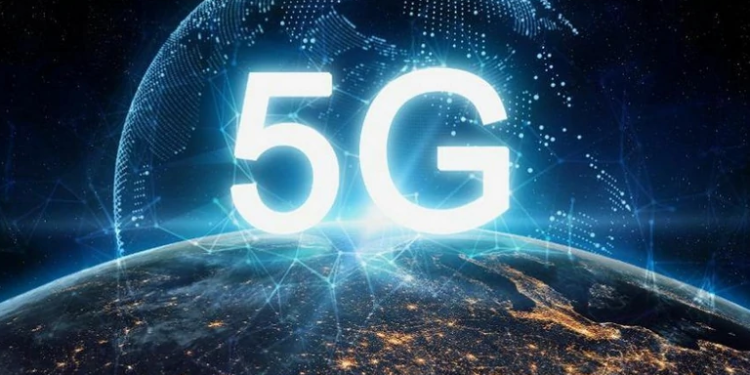The deployment of fifth-generation (5G) networks in Nigeria has seen a significant uptake, with total subscriptions reaching 60,000 across various cities in at least 12 states. The Nigerian Communications Commission (NCC) issued 3.5gigahertz (GHz) spectrum licenses to MTN Nigeria and Mafab Communications, leading to the commercial rollout of 5G technology, known for its ultra-high-speed internet, low latency, and high capacity.
As of May, the NCC reported that active voice subscriptions had reached 221.3 million, equivalent to a teledensity of 115.91 percent, while internet subscriptions had risen to 159.6 million. Broadband subscriptions on 3G and 4G networks also saw a notable increase, reaching 92.2 million, representing a 48.28 percent broadband penetration in the country.
MTN Nigeria took the lead in rolling out 5G services in September, following the information memorandum (IM) prepared ahead of the spectrum auction. Mafab Communications, on the other hand, received a five-month extension and eventually launched its 5G services in June this year, covering six cities. Airtel Nigeria also joined the 5G rollout, offering services in four major cities, including the Federal Capital Territory, Lagos, Ogun, and Rivers states.
The introduction of 5G technology has marked a significant milestone for Nigeria’s telecommunications landscape, bringing about improved connectivity, faster data speeds, and enhanced user experiences. As the technology continues to expand its coverage, it is expected to play a crucial role in driving digital transformation and supporting the country’s economic growth.
With the increasing number of subscriptions and growing broadband penetration, Nigeria’s telecommunications sector is poised for further advancements, positively impacting various industries and facilitating innovation and technological progress across the nation.















